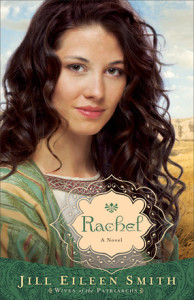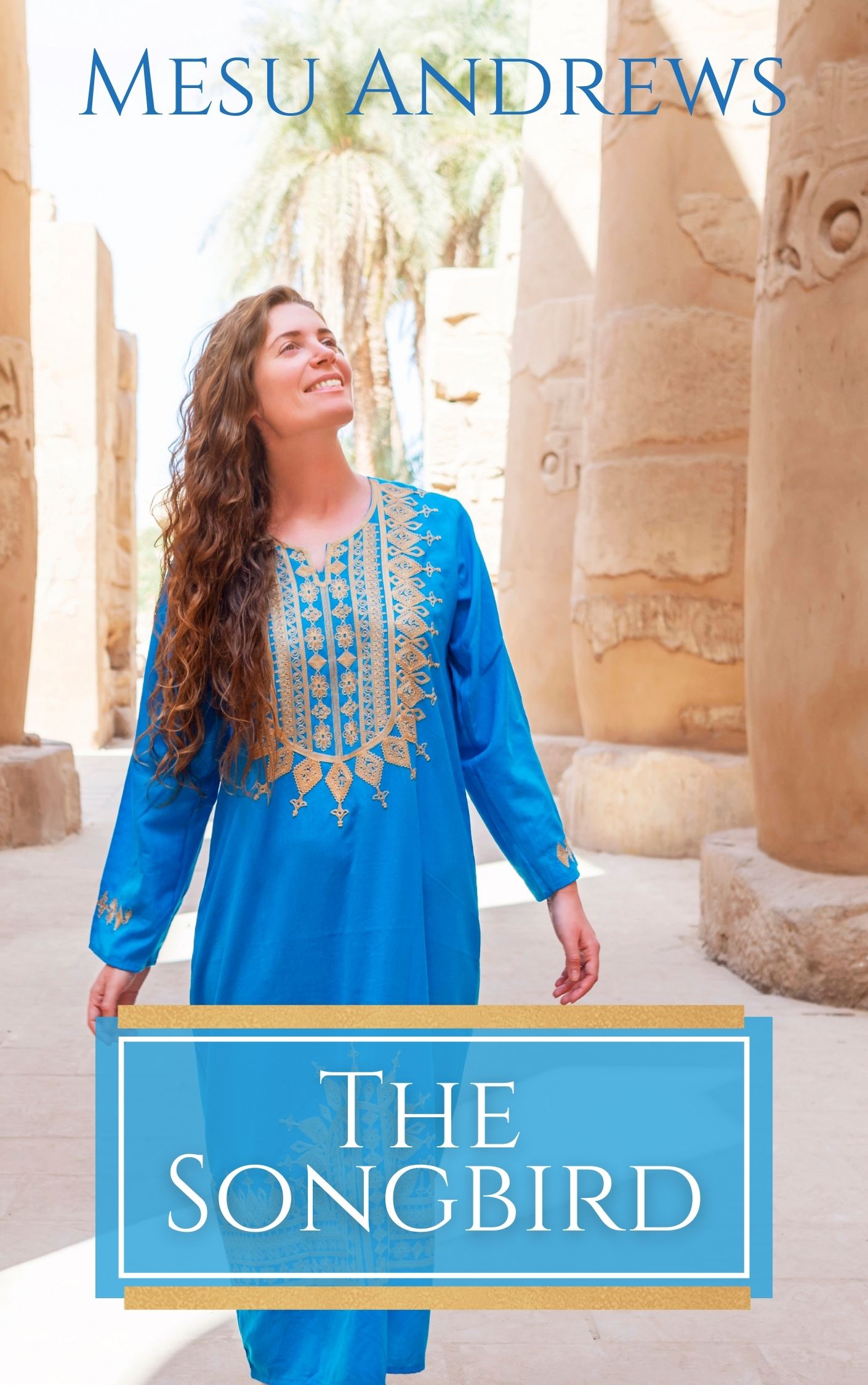 Rachel by Jill Eileen Smith
Rachel by Jill Eileen Smith
Book Description
Beautiful Rachel wants nothing more than for her older half sister Leah to wed and move out of their household. Maybe then she would not feel so scrutinized, so managed, so judged. Plain Leah wishes her father Laban would find a good man for her, someone who would love her alone and make her his only bride. Unbeknownst to either of them, Jacob is making his way to their home, trying to escape a past laced with deceit and find the future God has promised him.
But the past comes back to haunt Jacob when he finds himself on the receiving end of treachery and the victim of a cruel bait and switch. The man who wanted only one woman will end up with sisters who have never gotten along and now must spend the rest of their lives sharing a husband. In the power struggles that follow, only one woman will triumph . . . or will she?
Combining meticulous research with her own imaginings, Jill Eileen Smith not only tells one of the most famous love stories of all time but will manage to surprise even those who think they know the story inside and out.
My Review
☺☺☺☺1/2
Rachel is my favorite of Jill Eileen Smith’s Wives of the Patriarchs series—perhaps even my favorite of all her biblical novels. Jill beautifully explores Jacob’s life, his warring sister-wives (Rachel and Leah), and the patriarch’s tumultuous faith journey—and she does it in a way that allays some long-held struggles I’ve had with the man God renamed Israel.
Scripture paints Jacob as a “heal-grabber,” usurper of his brother Esau’s rightful blessing of firstborn. Of course, God had promised the twins’ mother, Rebekah, that the younger would serve the older (Gen. 25:23), but did that justify Jacob’s deception? In my personal Bible study and application, I’ve viewed Jacob with a personal bias and perhaps transferred some of that suspicion to the younger daughter of Laban—Rachel—who usurped her older sister’s right to marry and the love of their husband, Jacob. I’ve always had a hard time liking the beautiful, seemingly spoiled girl, who gets the guy, while her unlovely, spinster sister, Leah, pines away unloved.
Until I let Jill’s unbiased story of Rachel show me a different perspective on Jacob’s life with these two sisters.
In Jill’s well-researched biblical novel, Leah and Rachel are half-sisters, born of different mothers to their father Laban. The fictional element of separate mothers sets the stage for a familiar rivalry known by the girls, and when Rachel meets Jacob at the well (as the Truth of Scripture describes), she and Jacob can think of nothing except their imminent escape to live a happy monogamous life away from a house of polygamous strife. For the first time, I saw the depths of true love dashed and the very real pain of cultural constraints. Rachel’s dreams were shattered, and Leah participated in the deception. I realized that the poor older sister I’d pitied all these years was complicit in her own misery. And Jill portrayed Jacob’s “morning after” realization, when he awoke to the older sister at his side, as an unavoidable reminder of his own deception—in which he (the younger) actually got away with stealing Esau’s (the older’s) blessing. Perhaps his guilt made him a little kinder to Leah during their wedding week. I hope so.
The love between Jacob and Rachel in Jill’s book is excruciating—for these two characters as well as for Leah. Jacob grows to depend on Rachel’s strength and comfort, placing a weight never meant for human shoulders. Rachel hates sharing her one true love, and Leah pines for the love she was warned she’d never win. Frankly, it’s tiresome. And it’s meant to be. As it was for Jacob, Rachel, and Leah—and for the maidservants, Bilhah and Zilpah, who were drawn into the ridiculous feud.
But their struggles are so familiar—not culturally, of course, but emotionally. Fear. Guilt. Rejection. Yearning. Bitterness. Angst. I felt the depth of each character’s personal ache. No longer was Jacob a one-dimensional usurper. He was flesh, bone, heart, soul, yearning to love and be loved, to provide for his wives and children—and suddenly afraid of his imminent reunion with his brother Esau. The scene of Jacob’s wrestling with Elohim is powerful, and Jill explains in the Author’s Note how each of us may need such a wrestling match:
“While he surely stuffed the fears and guilt aside to live his life, Jacob never quite forgot what he had done to his brother, and he did not know peace at a heart level until he settled the matter (and many more matters, I’m sure) with God alone.”
As I read the Scriptural end of Jacob and Rachel’s life together, I see much tragedy, much defeat. However, Jill helps us see beyond Chapter and Verse to the full counsel of God’s Word. By considering Rachel’s full life with her husband, Jacob, we can understand more fully his faith journey—and the man God renamed Israel.
“Then the man said, ‘Your name will no longer be Jacob, but Israel, because you have struggled with God and with men and have overcome.’” Genesis 32:28
The utterly sweet ending shows us the fruit of struggle—not the end of struggle. We leave Jacob with hope and the knowledge that God’s promises never fail.


